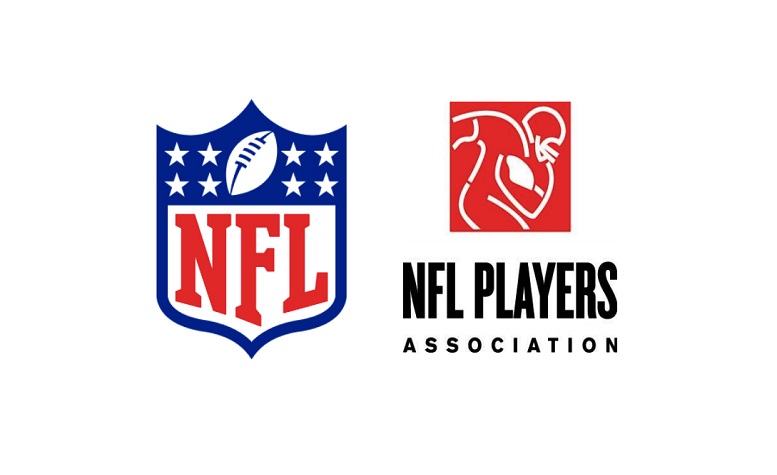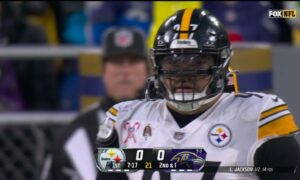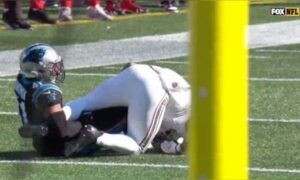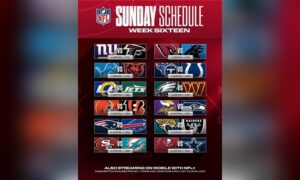Yesterday, I took a stab at talking a bit about the labor strife that is currently ongoing in Major League Baseball, with the league’s commissioner quickly going from giving a 100 percent guarantee that baseball would be played to now weighing the possibility of cancelling the season. And I suggested that the NFL could be heading toward some labor disputes as well, though not nearly at the same level.
Part of the MLB’s March agreement that took place as play was shut down was they the parties would bargain in good faith. Instead, both parties are arguing that the other has negotiated in bad faith. The union wants to return to the March agreement, while the league is threatening to pull the plug.
It’s not going to reach that point in the NFL, but do you really think the owners aren’t going to try to get some extra money?
During a conference call earlier this week, NFLPA executive director DeMaurice Smith said that they are predicting for the league to face a loss of revenue in the ballpark of $3 billion for the 2020 season in the event that games are played without fans. That is a more conservative figure than previous estimates, but still a substantial loss.
And given that players share revenue, it matters to them as well, since their compensation is a part of that pie. As Tom Pelissero wrote on Twitter, the Collective Bargaining Agreement mandates that the two parties bargain in good faith in the event of a loss of revenue—but the same thing was also true of the MLB.
According to Pelissero, Smith informed people that talks have not get begun between the league and the union regarding revenues shares in the even that games are played without fans later this year, but there is plenty of time to do that.
The collective bargaining states the NFL and NFLPA must bargain in good faith if there’s a significant revenue shortfall. Bargaining hasn’t started, per Smith. (Reminder: It’s an 11-year CBA, so there are ways to spread out any hit and ensure the cap doesn’t take a one-year dip.)
— Tom Pelissero (@TomPelissero) June 15, 2020
He also noted that they are at the beginning of an 11-year agreement, and that means there is plenty of future cap space to pull from to ensure at least that the 2021 salary cap does not dip. Under a worst-case scenario, it should do no worse than remain flat from this year’s figure, but in turn it could mean that it will not rise as steeply as it otherwise would have in future years.
With new television deals to be negotiated, two more playoff games to be played, and another week of regular season games on the way, however, there are plenty of reasons to believe that the cap will continue to rise, significantly, over the life of this deal.
The NFL has the largest piece of economic pie in the American sports landscape. Let’s just hope those eating it learn to play nice. Again, I’m not at all suggesting that the season will be in jeopardy—there’s way too much at stake for that—but things could get somewhat testy, as they did in negotiating the CBA, and at times during the pandemic already.








